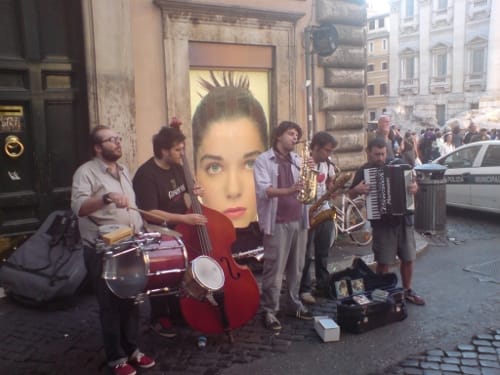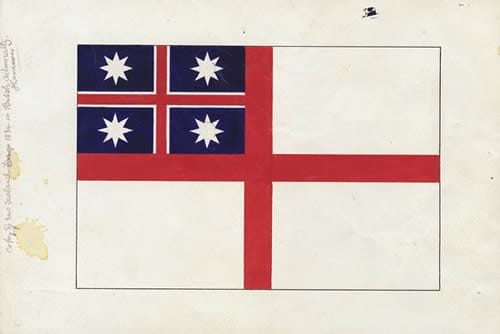Street Musicians (for Tassos Denegris) by John Ash

There must be mountains
inside those clouds
and the sea still exists
where the port once was.
A bitter rain attacks
the last, Byzantine well-heads,
and the custodian eyes you suspiciously
as if you might steal that acanthus
fragment or postcard of a saint—
as if understanding were possession.
The town (this venerable city
on which so much love
and unmotivated loathing
has been squandered like spittle
or semen) the town is a book
which ill-disciplined teams of citizens
carry to the desk of the dying scholar
whose cry of understanding stays unwritten.
We are studying the forms
of responsibility, the burden of the past
and when the plans for the new Acropolis
are unveiled votes will be cast
in the form of razor marks on plastic.
*
A cold wind invades the square
stocked with petrified social reformers,
scours those corners where the smoke
of fifty years ago still hopes to linger
and always one side of the square is missing—
the project was never completed
the buildings were recently demolished, always
black stains of the high windows' tears reach down
the sheer precinct walls, narrowing
to a paint-brush's point above
the ageing clarinettist's head.
And what tune
has he dragged out of his fond youth
(a tune such as he used
to whistle to his starved greyhound
or lovelorn pigeon on evenings
etched with rime) that he distorts it so
with lubricious slides and yelps, next
to the doorway of the smart-in-the-sense-of-derelict
boutique?
O he casts such loathing glances towards
the long-haired girls playing their trio-sonata
in the shadow of the dispensing chemist's...
And who could blame him? Their music is torture,
so wilfully emphasising the decline
in ornament and architecture
that the ordinary action
of buying today's onions, today's cigarettes and gin
is invested with all the sadness
of an enlightened emperor's funeral
and even the punks emerging
empty-handed from the record store
in an armour of leather and metal
and brilliant hair shaped into knifeblades
are consumed with nostalgia
for the year '77. You might say—
'Their jeans are not more torn than my heart'
but, like a frazzled hairpiece, it won't convince.
It isn't hope that is betrayed
but its certain absence, so you must suffer
the repeated appearance of vague, smiling presences
in what had been an ideal vista of desolation.
*
No use lamenting the caryatids' faces
melting in the rain as if they were modelled in snow—
this is not Attica, Attica is not Attica,
or it is a prison. Plans for the new Acropolis
are well advanced. From that clear height
the mountains will be visible. We will identify
the place of the beehives,
the place of the fountain,
the place of cyclamen and plane trees,
and further off the sea flashing like a hero's shield
coloured as it was in the old verse narratives
will tell us the rumours are false
that its surface has not hardened and cracked
like the surface of a waterhole in the Sahel
and even the smallest boat with the most delicate
yellow sail can be taken out in safety,
Of course, there are problems
as I will admit and you will admit
since in the meantime we must try to live
clear of hunger and boredom,
and who would choose to be the trumpeter
cracking notes all day outside a crowded charcuterie?
But there is community in despise professions
and when the street musicians look down
into the deep red or blue linings of their instruments' cases
they are like divers, like archeologists
discovering for the first time after centuries of burial,
centuries of invention and vast migrations no one understands,
a lost beauty, a vanished art like a living face—
Philip of Macedon's tomb.
(from the collection The Branching Stairs, published by Carcanet in 1984
(the lines around certain absence and No use lamenting were helpful in writing The Supermarket)


